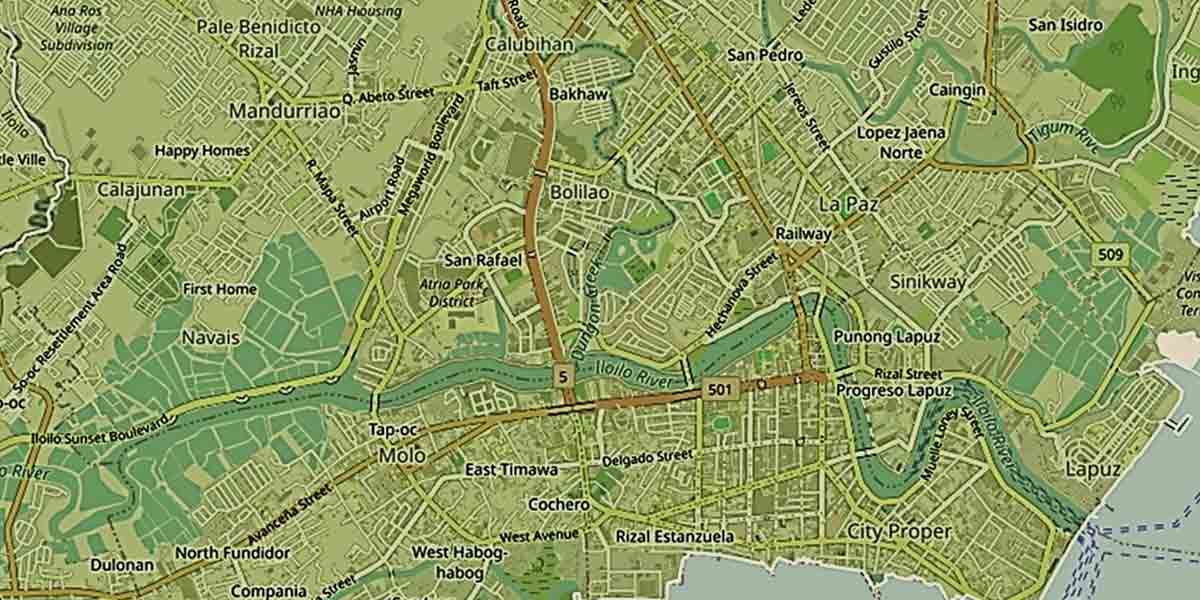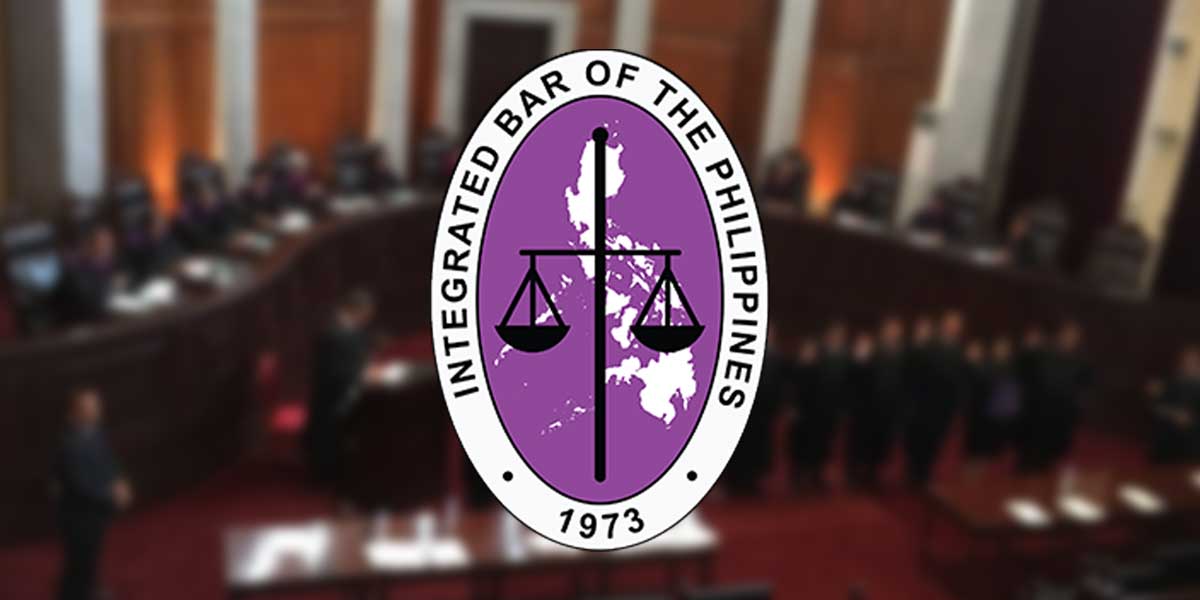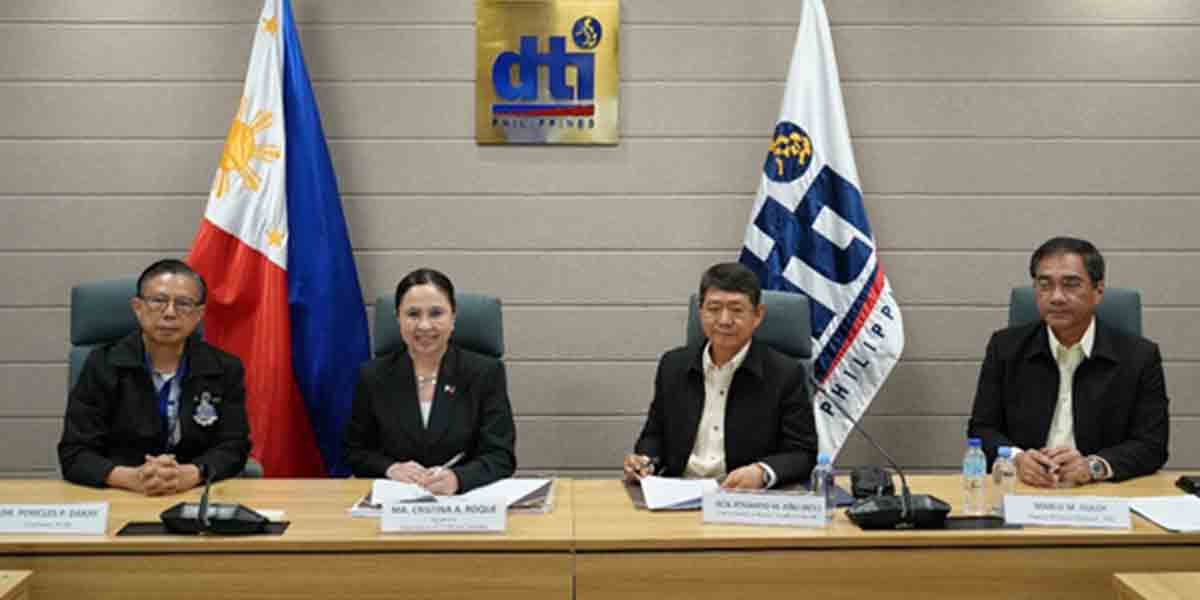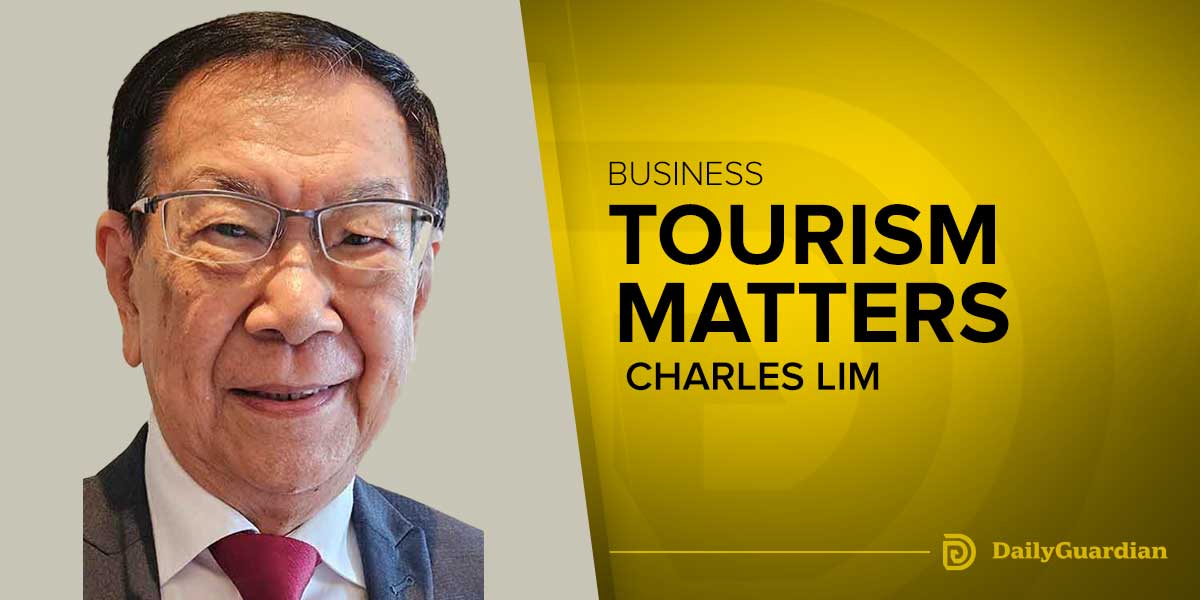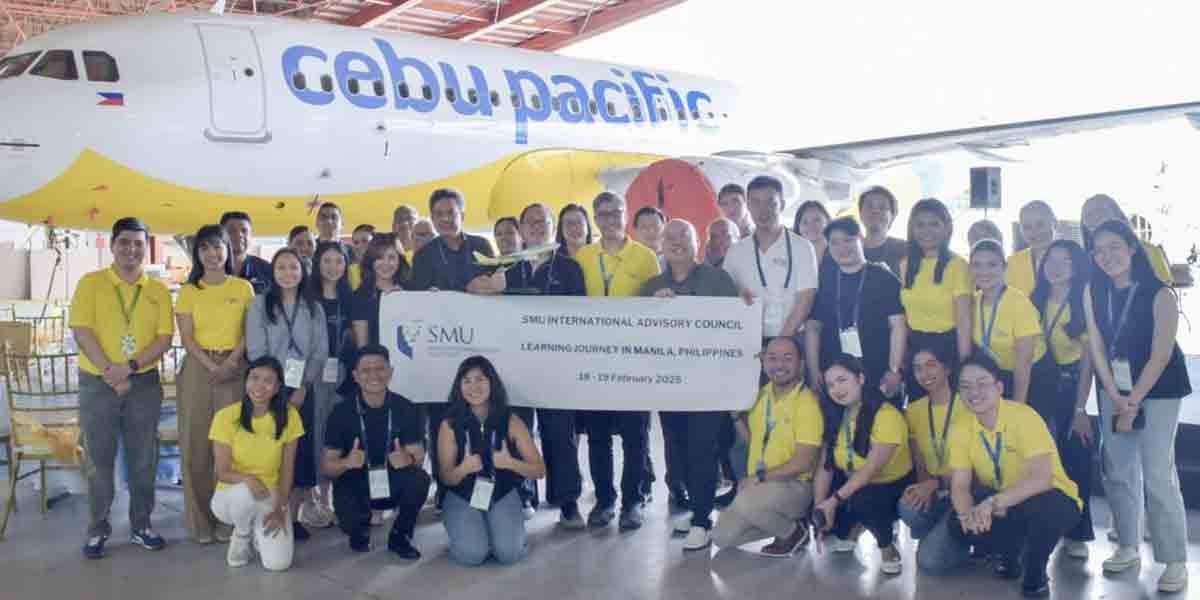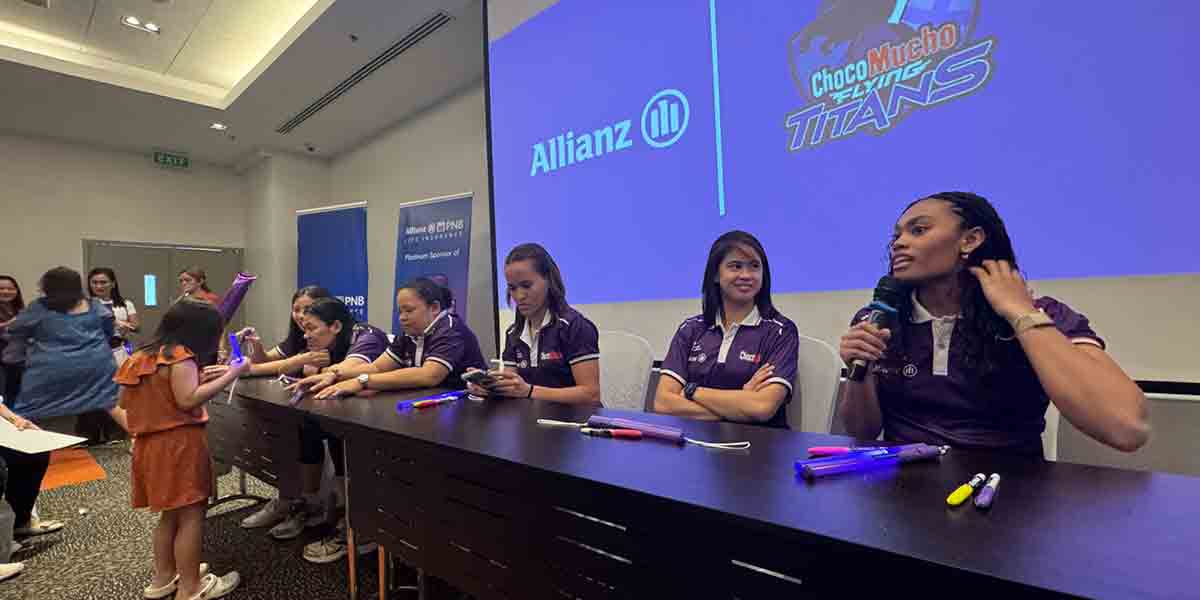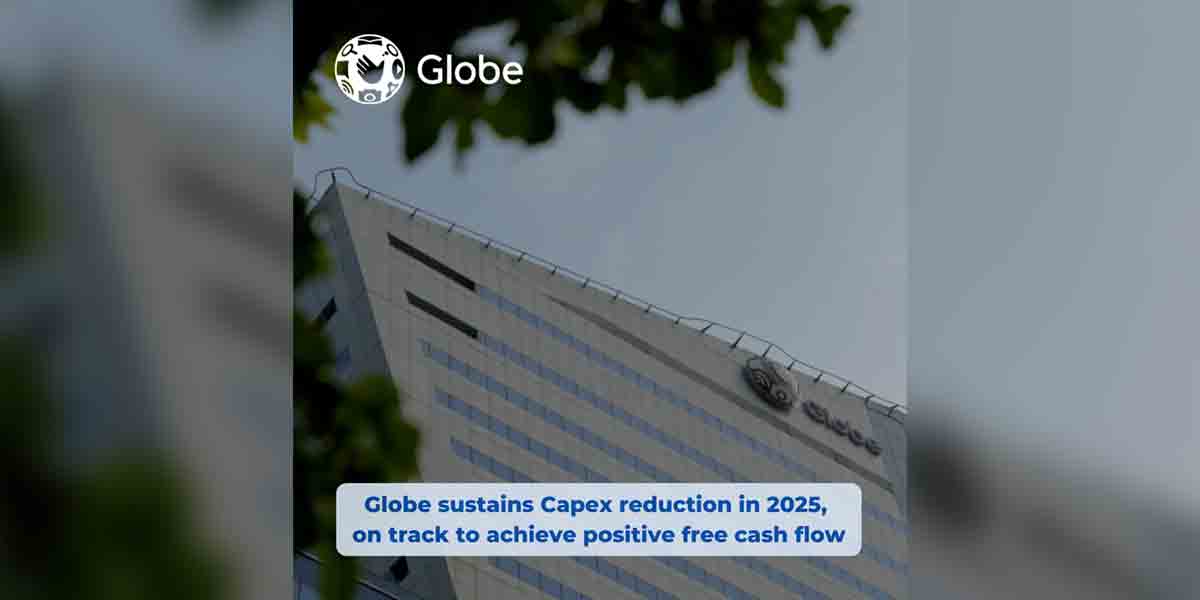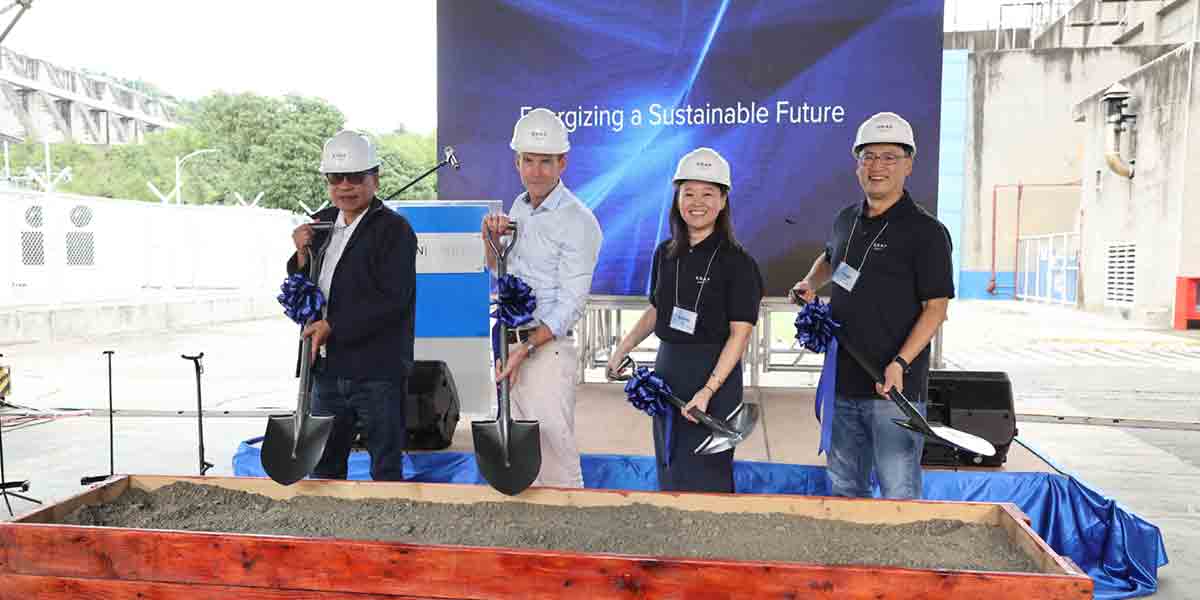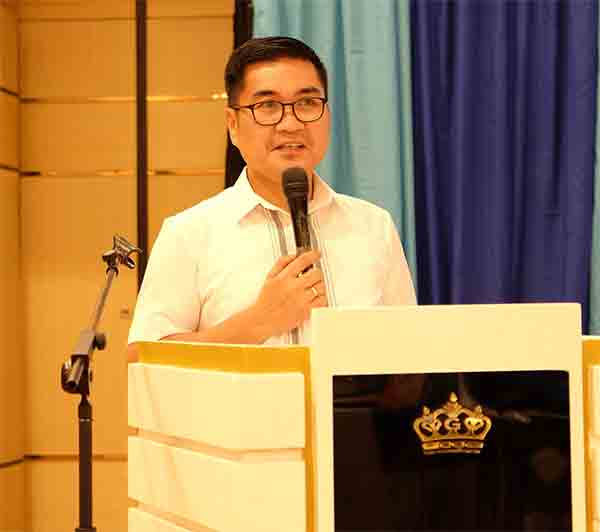
By Mariela Angella Oladive
The Department of Social Welfare and Development (DSWD) Field Office VI clarified that only the agency has the authority to delist beneficiaries from its programs, responding to reports that some politicians have threatened to remove beneficiaries if they do not support specific candidates.
“Only DSWD can delist you from our programs and projects, and removal can only be done for valid cause. If you are threatened with removal because you are not supporting a certain candidate, that is a lie. We do not do that. We remain non-political,” DSWD Region VI Director Arwin O. Razo said in a statement.
Reports reaching the DSWD indicated that some politicians have spread misinformation, telling beneficiaries they could be removed from programs if they withheld political support.
Razo explained that inclusion in programs like the Pantawid Pamilyang Pilipino Program (4Ps) is based on the Listahanan, a nationwide database of low-income households, rather than decisions made at the barangay, municipal, or city level.
Other DSWD programs also follow strict eligibility criteria.
For example, the Social Pension Program is for senior citizens who meet specific conditions, such as being aged 60 or older, being frail or disabled, lacking a regular income, and not receiving pensions from institutions like the GSIS or SSS. Each case is assessed by the DSWD to verify eligibility.
Similarly, eligibility for the Sustainable Livelihood Program (SLP) requires inclusion in the Listahanan database or qualification through the SLP Means Test.
“Rest assured that our programs are insulated from politics. Politicians cannot remove our beneficiaries,” Razo reiterated, emphasizing the agency’s commitment to keeping its programs free from political influence.
Vote Buying Disguised as Aid
In response to concerns about vote buying disguised as aid distribution, COMELEC Region 6 Election Director Atty. Dennis Ausan explained during the launch of the Regional Joint Security Control Center (RJSCC) on Wednesday, November 6, that addressing the issue would require new policy measures.
He said that the distribution of assistance, particularly after typhoons or calamities, is governed by resolutions, and any aid used to promote political candidates could be viewed as campaign activity.
However, Ausan noted that under current laws and related jurisprudence, there is no longer premature campaigning, and addressing such issues would require new legislation.


